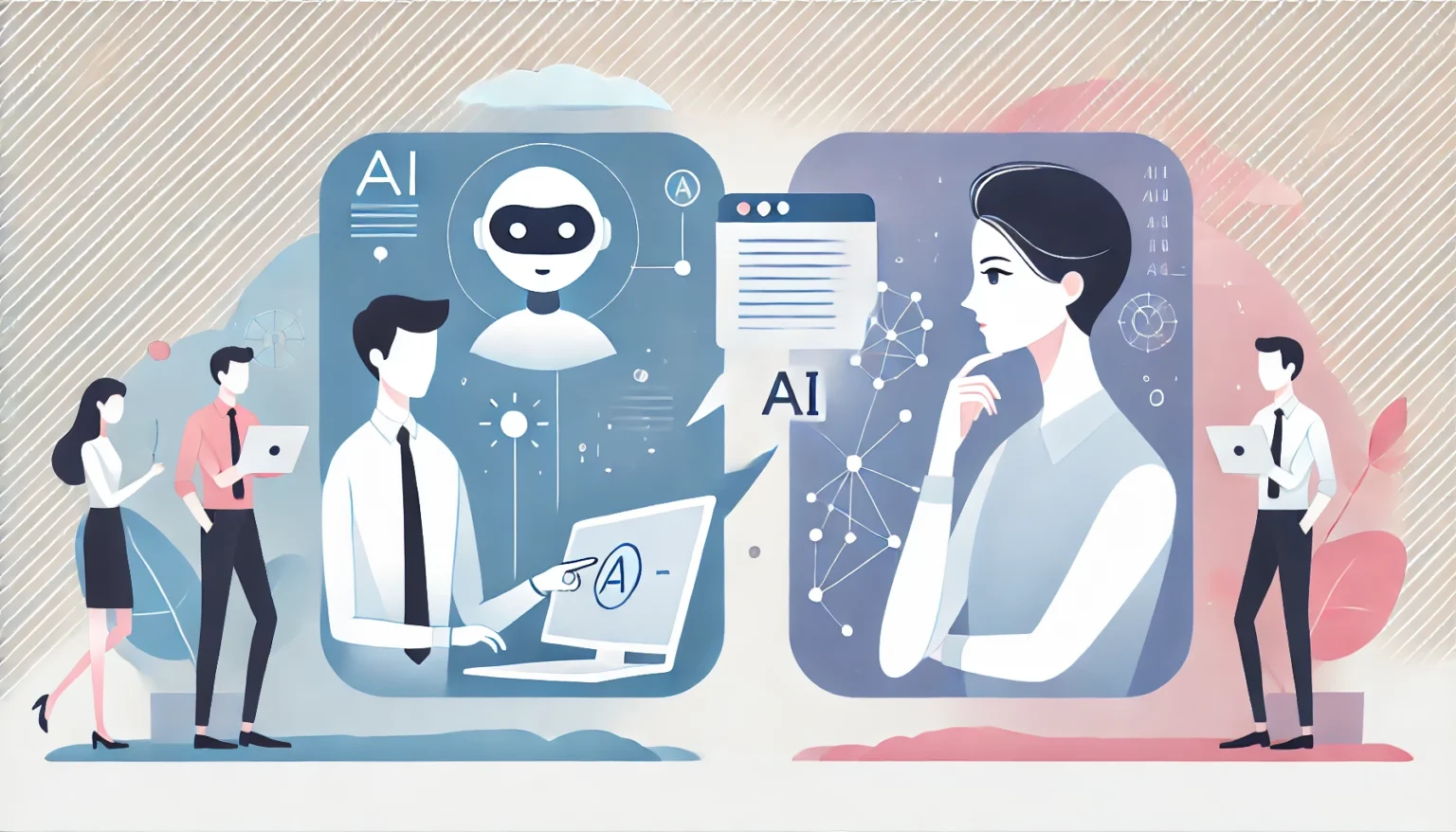Since the dawn of powerful large language models and the magical UI of ChatGPT, people have found incredible ways to leverage AI—enhancing creative writing, debugging complex code, automating mundane tasks, and even generating business strategies. However, amid this rapid adoption, we recently came across statements from some founders boldly claiming that they won’t need 80% of their workforce by 2026.
At Capital compute, we think this kind of thinking exposes not just a shallow understanding of AI but also a concerning lack of empathy. While it’s possible to educate people about AI’s true capabilities, the harder part is explaining why empathy remains essential, especially when navigating technological shifts. In this blog, we’ll explore how some founders are misinterpreting AI’s role—just as we’ve seen AI misused for “vibe coding” in programming circles—leading to misconceptions that could shape businesses in the wrong direction.
What AI Means for Software Engineers
There has never been a better time to be a software engineer. Why spend two days integrating an authentication system when AI can generate the core implementation in seconds? Instead of sinking time into routine code, engineers can focus on more significant concerns: maintainability, readability, ensuring solutions fit into company repositories, assessing whether the current team can understand and extend the implementation, and aligning development with UX and business goals. AI, for all its strengths, cannot make these judgment calls—it lacks the company’s context, the engineers’ experience, and the nuanced understanding of business requirements.
That said, engineers must evolve with this shift. Ignoring AI’s capabilities is just as unwise as overestimating them. While AI can produce barebones implementations in moments, developers should use it as a tool for acceleration, not replacement. It should be consulted for architectural decisions, codebase improvements, and workflow optimizations. Asking AI, “How can I improve my current data flow?” or “What are the bottlenecks in my architecture?” is where its true value lies.
Just as engineers must evolve with AI, founders must rethink how they integrate AI into their business strategy. What does AI’s rapid evolution mean for professionals today? The reality is that many roles will change, and ignoring AI’s presence is not an option. The fear that “you could be redundant and not even know it” is valid. However, the right approach is not resistance but adaptation. The first step is simple: start using AI. Identify where it excels and where it falls short, then capitalize on its weaknesses to develop and market the skills that AI struggles with. Whether that’s strategic thinking, emotional intelligence, or creative problem-solving, positioning yourself alongside AI rather than against it is the key to long-term success.
The Right Way to Approach AI for Founders
At its core, AI operates on multi-dimensional vector analysis, understanding language, data, and patterns in ways that surpass human perception. However, humans struggle to visualize beyond three dimensions, making it impossible for any CEO to accurately predict AI’s future impact on staffing. While some jobs will undoubtedly evolve or disappear, predicting exact percentages is nothing more than speculation. Instead of focusing on fear, we should focus on what is already possible with AI.
In real-world scenarios, AI is already saving time and money across industries. Financial analysts use AI-powered forecasting tools to eliminate days of manual data crunching. Legal professionals automate contract analysis, significantly reducing review time. Customer support teams deploy AI chatbots to handle repetitive queries, allowing human agents to focus on complex problems. These advancements show that AI is best used as an augmentation tool—enhancing productivity rather than replacing entire workforces outright.
This isn’t the first time technology has disrupted industries. Punch cards once seemed irreplaceable in programming, but they gave way to modern languages. Calculators were feared as the end of mental arithmetic, yet education adapted. The rise of personal computers sparked concerns about job losses, but instead, they created new industries altogether. In each of these shifts, those who adapted—who learned new tools, embraced emerging opportunities, and leveraged new efficiencies—thrived. AI is just another evolution in technology. Those who learn to harness its potential, rather than fear it, will shape the future.
